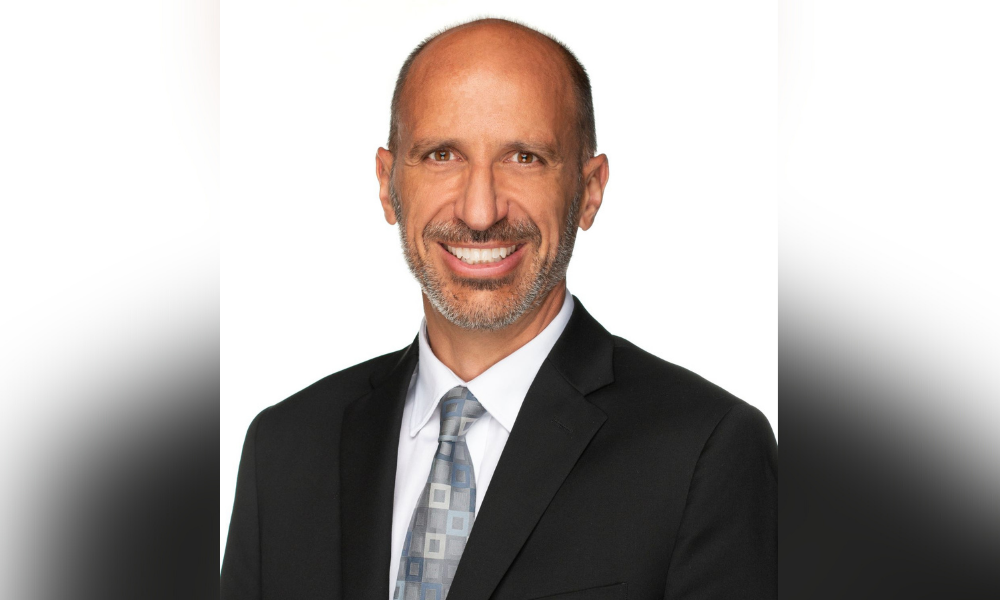With 76,000 Canadians diagnosed with dementia every year, advisors have a crucial role to play in helping families

While Canadians prepare for the Alzheimer's Society’s fund-raising “Walk to End Alzheimer’s” this weekend, one wealth management company that supports it is drawing attention to the increasing number of Canadians who may soon be diagnosed – and the roles financial advisors can play to help them and their families financially prepare for it.
“The number of people with Alzheimer’s or dementia is increasing significantly, especially as the population ages, at a more rapid rate than ever,” Aurele Courcelles, assistant vice-president of tax and estate planning at the Winnipeg-based IG Wealth Management, told Wealth Professional.
According to the 2021 census, the number of people aged 85 and older is growing at a faster rate than the overall Canadian population. In fact, the number of seniors over 85 has more than doubled in the past 20 years, and Courcelles said projections note that it will more than triple by 2046.
“Today, according to the Alzheimer’s Society, there are more than 700,000 Canadians living with some form of dementia,” he said, “By 2032, which is only ten years away, they’re saying that number will likely increase to closer to a million people. That’s basically 14 new cases for every 1,000 Canadians over 65. That’s very significant because the Alzheimer’s Society says that 76,000 Canadians are diagnosed with dementia every single year.”
One in five Canadians have also experienced caring for someone living with dementia.
“That’s a huge percentage of the population. So, it’s super-important to be prepared,” he said. “You don’t know who is going to get it – if it could be you or a family member – and you don’t know how quickly the onset could come or how quickly the capacity could diminish. So, you want to make sure that you’re prepared, and advisors have a big role to play in that.”
Courcelles recommended that every advisor speak to every client about the importance of being prepared – for both themselves and their family members.
Advisors should encourage their clients to have both a will and a power of attorney legally drawn up. It shouldn’t be a do-it-yourself kit, he said, because “there are just too many intricacies within your situation that you will need the power of attorney for.” People should also name a secondary person in case the first dies or is no longer able to do it. Clients should ask those people if they’re willing to do it because they will have to handle both the client’s financial and medical decisions for them, which is a huge responsibility. The attorney should also keep clear, accurate records of all of the client’s transactions to discourage any elder financial abuse.
“You have to make sure you have someone in place who you trust,” said Courcelles, warning that not doing that now may mean the client’s mental health may become too fragile to do it later, and then family members will have to pay the cost and suffer the delays of going to court to have someone appointed to assume that responsibility.
Courcelles said that advisors should also encourage clients to prepare for the financial costs of living with Alzheimer’s. This could mean doing structural home renovations and paying for personal care workers if they wish to remain at home. Or, it could mean paying for long-term care or nursing home costs to get institutional help. Either way, critical illness or long-term care insurance could help.
“It’s a burden, not only physically and emotionally, but financially, too,” he said, noting that advisors would serve clients well by ensuring they’ve taken all of these steps, not only for themselves, but any parents or siblings who may also eventually need the support.
Advisors should also check if client have financial and retirement plans, and any guaranteed income - income – such as a defined benefit pension plan or annuity – since the Canadian Pension Plan (CPP) and Old Age Security (OAS) usually won’t pay enough to cover these costs. He said it also helps to defer CPP to increase the amount clients get.
“Can your financial plan withstand the potholes or speed bumps?” he asked. “You want to stress test it.”
It’s a critical area, and Courcelles said, “advisors really have to take on some of the responsibility to make sure they have a conversation about this with their clients because an investment plan is not a financial plan. You really have to talk about your retirement plan and what happens if you get dementia. Advisors should make sure they take care of their clients.”



